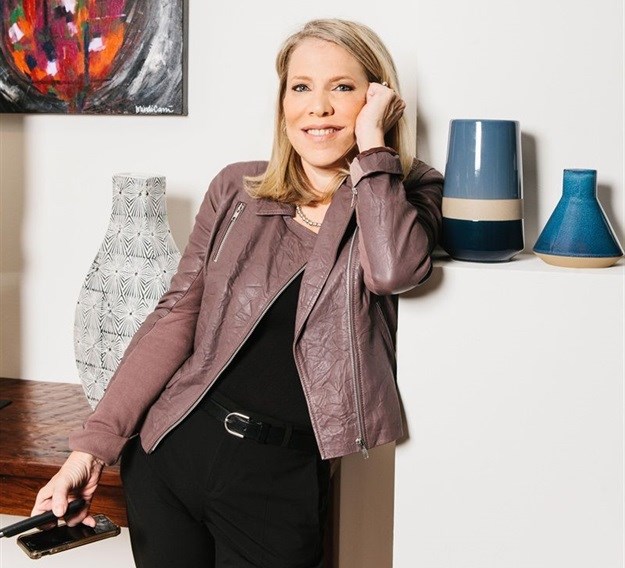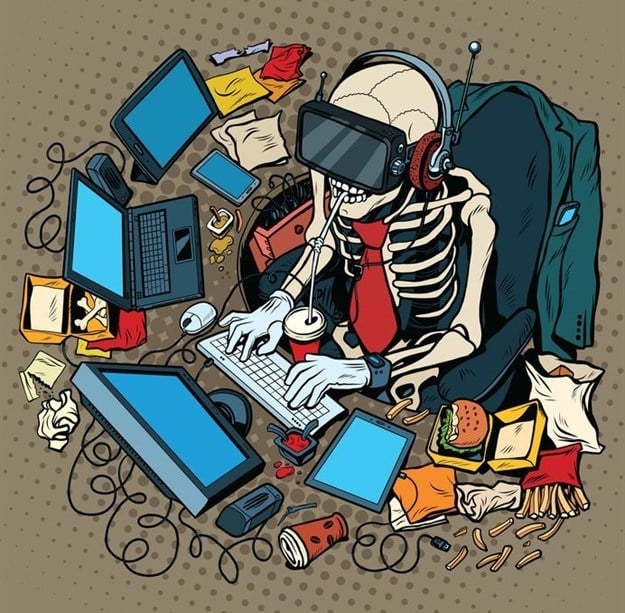#BizTrends2019: The death of Facebook? Not quite. Meet the social media of the future

Each new year, we see predictions that certain media will finally fade out – we’ve been hearing of the death of traditional TV, radio and print for years, and now that social media has become an accepted part of daily life, the ‘death predictions’ are in that space.
But don’t be too quick to put your marketing eggs in that funeral basket.
Salzman says while Facebook has become something that most of us wish we hadn’t let happen, we’re unlikely to see its death anytime soon.
There’s a great debate today around data privacy, but we all effectively surrendered our privacy to Facebook in exchange for the social platform becoming our personal online archivist.So even if you don’t use Facebook regularly, it’s still the digital keeper of the last decade of your life. The founders opened it up to non-university students in 2006, so some people effectively have up to 13 years of personal history stored there. They’re not going to just give that up. Or are they? Only time will tell.
Take a moment and try to scroll through your own Facebook history – it’s mind-blowing what we’ve posted over the years. And while we smile at some of the Facebook memories that pop up from years ago, some make us cringe and think, “Oh wow, why did I post that?”
Power of (Facebook) attorney
Speaking of the death of social media, Salzman says we’re seeing a new fad where family members fight over who will take over the reins of the Facebook pages of the deceased.
Salzman says, “That’s where it starts to become interesting, and as a trend person, to me, that’s a sure signal that Facebook is not a fad.”
Salzman elaborates that the concept of Facebook may well have been a fad back in 2005. She remembers thinking it was a ridiculous concept at the time – surely people wouldn’t want their photos online as a memorial to their bad behaviour and bad choices?

But fast-forward to early 2019 and she admits to missing the boat there, as she didn’t envision Facebook, as it was originally created, would become a family-reunion mechanism, and totally cross-border, so we can be in touch with people on every continent, in relative real-time.
Salzman says she also should have seen that Facebook Messenger would take off, given the success of AOL Messenger in becoming AIM and instant chat. While there doesn’t seem to be much stickiness to the platform, some have gotten into it.
Speaking of lack of stickiness…
Snap today, gone tomorrow
When it comes to ephemeral content platforms like Snapchat, there’s a generation that obviously loves the product and lives on it. That’s why Salzman says:
Brands are panicking about it because they don’t know how to use it – they don’t have the know-how or even know where to get in, and it’s where the youth market spends their time. It’s also completely counter to real life because advertising messages must have staying power, yet with ephemeral content, it’s ‘Snap today, gone tomorrow’. The very idea of ephemeral content goes against the definition of marketing.Yet ephemeral content is everywhere, so clients ask for ‘Snapchat strategy’ then complain that it has no stickiness – it’s the chicken or the egg. You just can’t have both, at the moment.
Wondering about the social media platforms where Salzman does see value? It’s the likes of Tinder. She explains:
As an advertising medium, it works as it’s transactional, so based on the very idea that consumers are already there to swipe what they like. I see that becoming the new media portal, and the bulk of advertisers are not there yet. But to me, dating platforms are incredibly important as media. People go to the app and check it fifteen, twenty times a day.So you can use it to reinforce messaging, especially as something that’s really changing our world is campaigns.
A campaign used to last a year or two, now the length of a campaign is effectively the amount of time it takes you to find someone on a dating platform.
Don’t miss the first and second part of my ‘social marketing in 2019’ conversation with Salzman, also read her broader trends for SA and the world in 2019:









![[Trends 2015] Newsflash: TV will not die](https://biz-file.com/c/1501/253328.jpg)

![[TrendTalk] Death. Streamed live](https://biz-file.com/c/1508/305993.png)


























